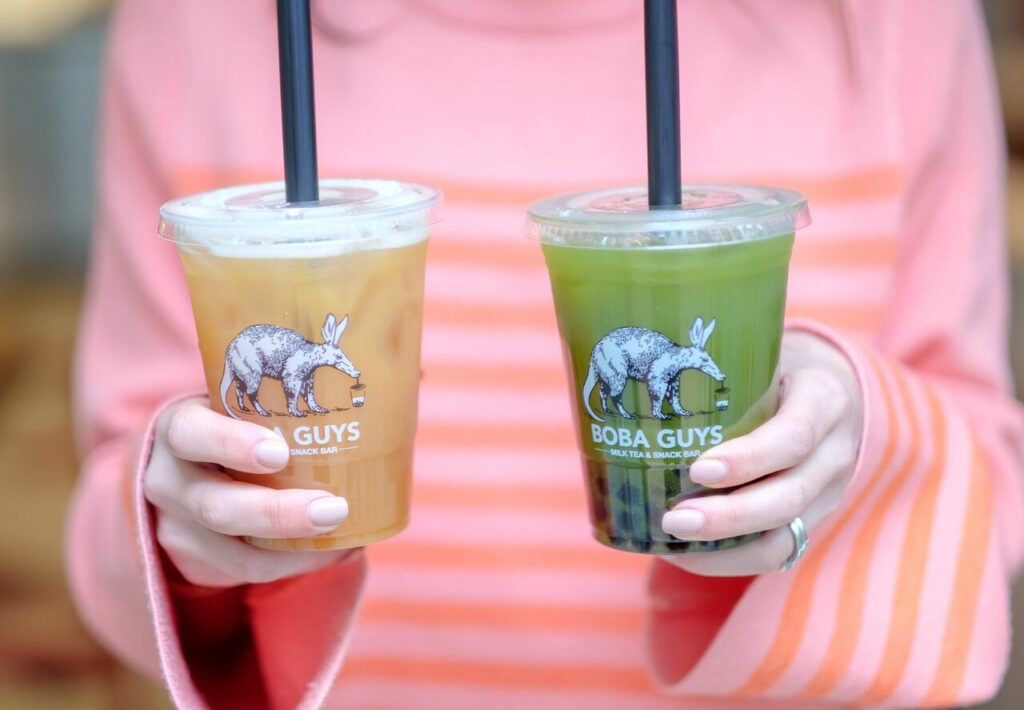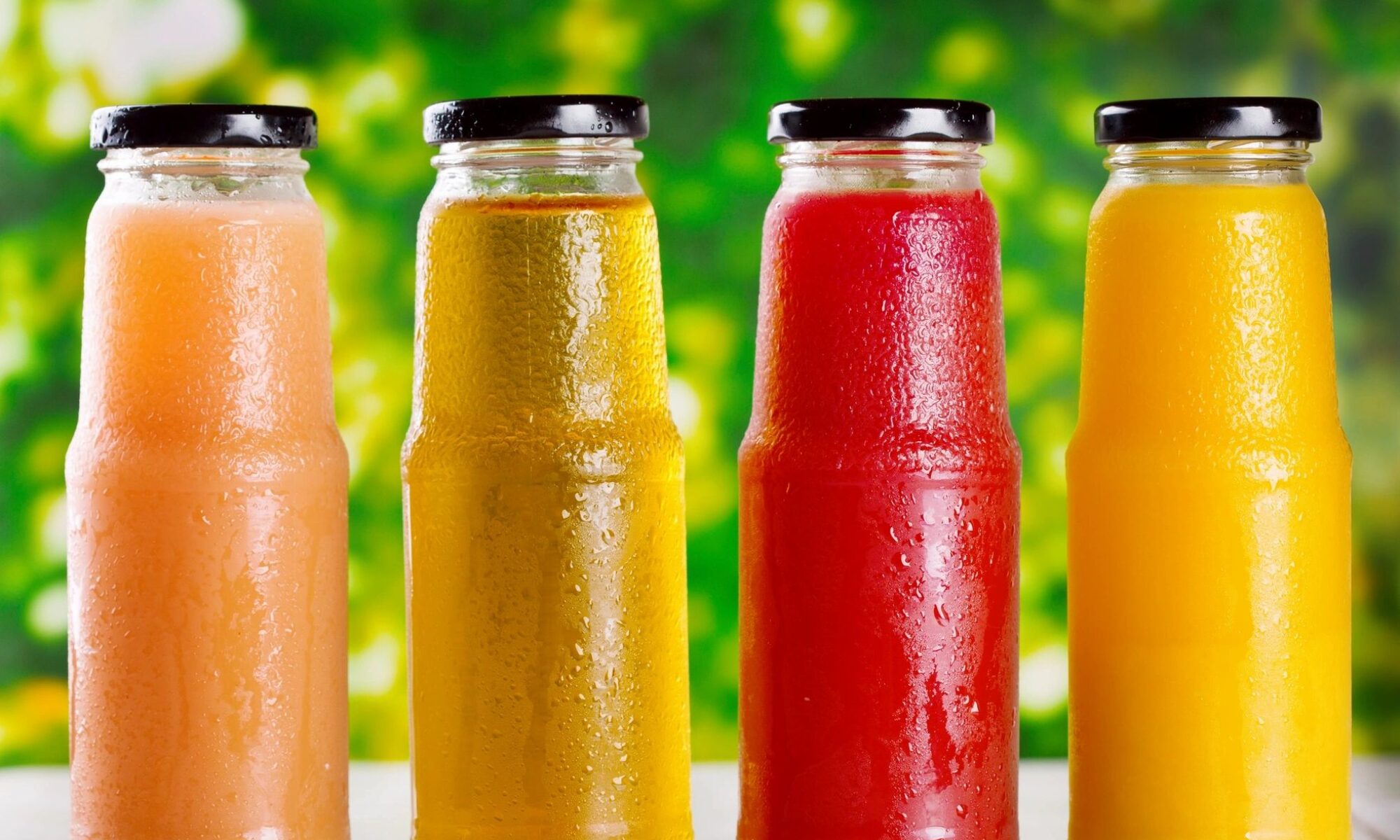
We all need a little inspiration sometimes. That’s especially true for entrepreneurs, who have to walk long, winding, and steep roads before seeing success in their chosen industry. Beverage business is not an easy one to stay afloat in, so having a reminder that it’s possible can only help.
Of course, that isn’t to say that you can’t take your path to success. However, it might help to know how others did it before you, and why they managed to do it well. To help inspire you, here are some beverage business success stories that will leave you feeling ready to conquer the world:
Boba Guys
Boba Guys is a brand with a fascinating history. They started as a pop-up shop, eventually evolving into a milk tea bar with two locations in San Francisco. The founders of Boba Guys are Andrew Chau and Bin Chen — and they’re behind the main brand idea to redefine the boba and tea experience.
They built their brand around their community and used social media to grasp the interest of the locals. That allowed them to draw in more foot traffic and ensured that people knew about their business. When the time came to open new locations, they had a lot of interested people. The local awareness ads they did, only cost $1 per new customer acquisition, which marks a superb example of using ads to increase in-store sales and find new customers.
LaCroix
The story of LaCroix is one of the social media boosted growth, although sales have been sliding recently. The brand has cleverly tapped into the Millennial market, making use of mainstream pop culture and increasing the growth of their entire category. Sparkling water category had a 16.2% growth in 2016, while LaCroix grew by 72.7%.
The surprising fact is that the brand has been around since the 80s, so this might be considered late blooming. However, it’s certainly used social media to build a fun marketing campaign that was a hit with the Millennials. More importantly, the brand focused on their target audience’s health concerns and desire to consume more natural products. LaCroix took the sugar out of a sparkling drink, but still provided fun and refreshing bubbly flavors that resonated with younger consumers.
The main point of their branding and marketing strategy was using terms like “calorie-free,” “sugar-free,” and “naturally flavored carbonated water.” By doing so, they took up the position of a healthy option on the market. Coupled with a great social media strategy that brought them a massive Instagram following, the brand took off.
Dyla
Dyla is a company selling two successful beverage brands. A coffee drink and a fruit drink, FORTO, and Stur, are present in over 25,000 retail stores. Dyla founder and CEO Neel Premkumar have managed to double the size of the company every year. The company had the honor to win the NJ Future 50 Award that declared it one of the fastest-growing companies in New Jersey.
So what is the secret? According to Premkumar, having to work in every role in the company over the years has taught him about every job’s challenges and responsibilities. That helped him understand who he needed in each position as he grew the company and searched for new talent. The main challenge for Premkumar was financing the growth of the company, which he began from his savings.
Both Dyla brands, Stur and FORTO, are doing great in their respective categories. Interestingly, each has answered to at least one of the leading trends in the beverage industry. Stur is a drink mix that only contains natural and organic ingredients, while FORTO is a coffee energy shot that offers more caffeine to help those that live hectic lives to get more things done.
Innocent Drinks
This brand started with an exciting story that was in the heart of its success. The three founders of Innocent Drinks, Richard Reed, Adam Balon, and Jon Wright, took to a London festival in 1998 with £500 worth of fruit. They had a “yes” and “no” bin, and asked the people who bought smoothies from them to vote on whether they should quit their day jobs to make smoothies.
The answer they got was a resounding (well, overflowing) “yes,” so they ended up founding Innocent Drinks and securing an investment of £250,000 after 15 months of looking for investors. The company donated a lot of its profits to charity, and the founders set up their foundation to support farming NGOs in developing countries.
The 2008 recession shook the company after they’d already expanded further into Europe, but they ended up being purchased by Coca-Cola for a reported £320 million in 2013. At the time, they dominated the chilled drinks market in Austria, Germany, and Denmark.
The main appeal of the brand was in their dedication to their community and remembered where they started. Innocent even went on to organize their unplugged festival yearly, to tell the story of their brand and encourage people to reconnect with the people around them. Storytelling was a significant factor contributing to their success, as they managed to convey their brand values visually. They did it first through packaging, and later through videos and social media campaigns.
Another important focus was on nature and health, which is an essential topic for consumers nowadays. The brand also gave back through charity, donating close to €4 million, and organizing events such as The Big Knit, which let people trade in their knitted hats for Innocent smoothies. Innocent Drinks is truly a unique brand with a fascinating story that many up and coming beverage entrepreneurs could learn from.
Key Takeaways
Beverage businesses gain an edge by staying on top of industry insights and anticipating market trends. But it’s possible even for the small beverage entrepreneur to begin making their mark on the business.
What’s important is to commit to it, not lose hope and let yourself be inspired by those that are already successful. After all, every business has to start somewhere.
